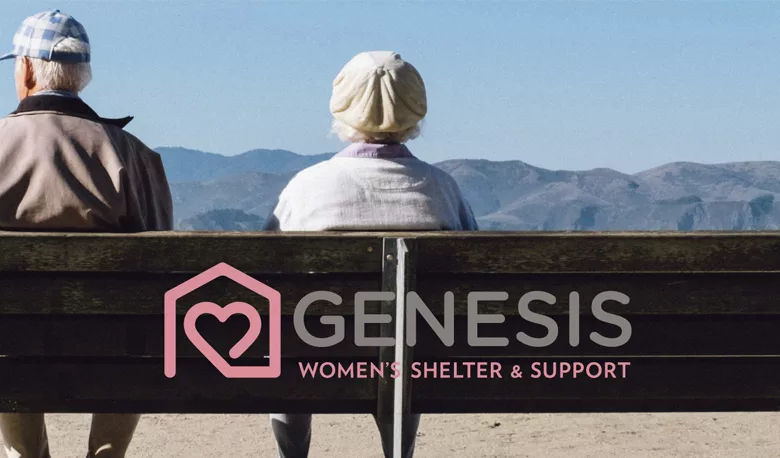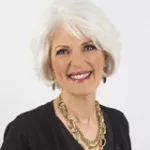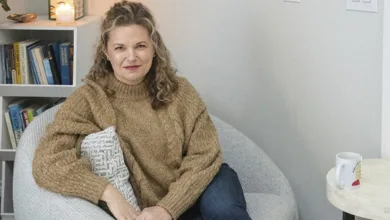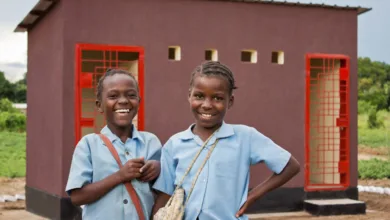Genesis Women’s Shelter—A Safe Place to Heal

At Genesis Women’s Shelter, we know that domestic violence isn’t restricted to specific age groups.
According to the National Council on Aging, 10% of Americans aged 60 and up have experienced abuse. The actual percentage is likely higher: it’s estimated that only one in 14 cases of elder abuse are reported, impacting as many as five million seniors a year.
When people think about elder abuse, neglectful behavior from a caregiver frequently comes to mind. In actuality, the abuser is often a family member, most commonly a spouse.
Victims aged 60 and up have unique vulnerabilities. Older women are less likely to leave an abusive relationship and more likely to experience violence for a more extended period of time. This increased exposure comes with a price: long-term abuse can cause irreversible physiological damage like heart disease, asthma, and arthritis.
Older women also sometimes have the unique disadvantage of relying on someone physically. The abuser will exploit this in a variety of ways: withholding or overprescribing medication, denying food or water, neglecting hygienic care, or an assortment of other manipulations.
Society also often holds prejudices about the elderly, which can reduce the likelihood of the victim getting help. When we see a younger person with a bruise, abuse might cross our minds. But with the elderly, we most likely assume that person fell or bruises easily.
The abuser can also easily twist the victim’s complaints. “Your mom is really confused right now. She doesn’t remember, but she fell last night. She may be getting dementia.”
Genesis offers a specialized group that meets regularly to break down the isolation and fear these women feel.
Generational values also add a layer of complexity to elder abuse. To most older women, divorce is simply not an option. They are often uncomfortable talking about private matters, especially with strangers or younger professionals.
An older woman may think, “How could this counselor know what I’m going through? I’ve been married longer than she’s been alive.”
She may not want her husband to appear in a negative light. She may fear institutionalization or worry about getting a job because she hasn’t worked in decades. She might wonder where she would go: most shelters are unprepared to deal with unique physical or cognitive needs.
Fortunately, more services are becoming available for this population. Genesis offers a specialized group that meets regularly to break down the isolation and fear these women feel.
Although all the women in this group are in different places – some have been married for half a century, while others are in new relationships experiencing abuse for the first time – they find hope and healing together.
We know that to end this epidemic, it will take all of us coming together to do our part. Don’t assume all older adults are frail or mentally incompetent. Approach them with respect and sensitivity, understanding they still have strengths and the capability to advocate for themselves. Listen to and hear them when they tell you something is wrong. By educating ourselves and understanding the unique challenges associated with elder abuse, we can be her first step away from domestic violence.





